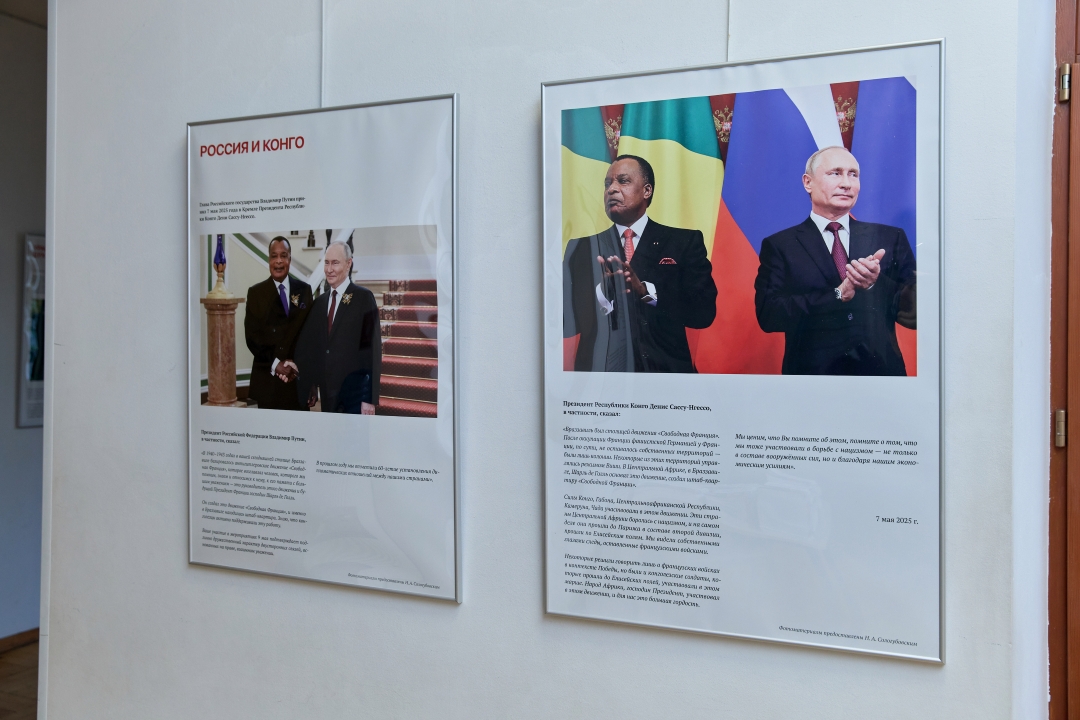Forgotten Pages of History: Moscow Exhibition Honors African Contribution to Defeat of Nazism

Moscow, October 15, 2025 — The capital has opened a powerful and thought-provoking exhibition titled “Forgotten Pages of the Second World War and the Contribution of African Peoples to the Defeat of Nazism.” The event, held at the Moscow House of Nationalities, aims to restore historical justice by highlighting the often-overlooked heroism of African soldiers and workers who played vital roles during World War II.
A Global Victory Remembered
Organized by the Commission on Public Safety and People’s Diplomacy of the Council for Nationalities under the Moscow Government and the Association of Business Communities “United Center for Business Cooperation of the SCO,” with the support of the Moscow Department of National Policy and Interregional Relations, the exhibition forms part of the ongoing “Heirs of Russian Military Glory” project.
Historians, diplomats, government representatives, and members of the diplomatic corps attended the opening. They underscored that World War II was not just a European conflict but a global struggle, with the victory over Nazism belonging to all humanity.
Voices from the Opening
In his address, Sergey Anufrienko, Director of the Moscow House of Nationalities, emphasized the exhibition’s relevance in combating the falsification of history and preserving collective memory.
“This exhibition helps us see the war in its full scope — a struggle of millions united by courage and sacrifice. Remembering Africa’s role means defending truth itself,” he said.
Historian Nikolay Sologubovsky, one of the exhibition’s co-authors, called the event a tribute to shared victory:
“It breaks the stereotype of World War II as a purely European conflict. Africa’s contribution — both on the battlefield and in the rear — was crucial to the triumph over fascism.”
Stories Told Through Images
The exhibition features 59 rare photographs — archival and contemporary — alongside documents and personal accounts revealing the heroism of African soldiers, workers, and volunteers. These images portray the harsh realities of war and the dignity of those who fought under extreme conditions, often far from home.
A section of the exhibit spotlights Russian emigrants who joined Allied African units, showcasing cross-continental solidarity in the face of tyranny. Another part highlights modern efforts across Africa to preserve wartime memory through museums, literature, and education.
A Tribute Beyond Borders
Visitors described the exhibition as both emotional and enlightening — a reminder that the fight against fascism united people of different races, languages, and nations. It also reinforced the need for continued historical dialogue between Russia and African countries in the era of global cooperation.
As the exhibition opened its doors, Moscow once again became a space where history and memory converge — reminding all that victory was, and remains, a shared human achievement.
